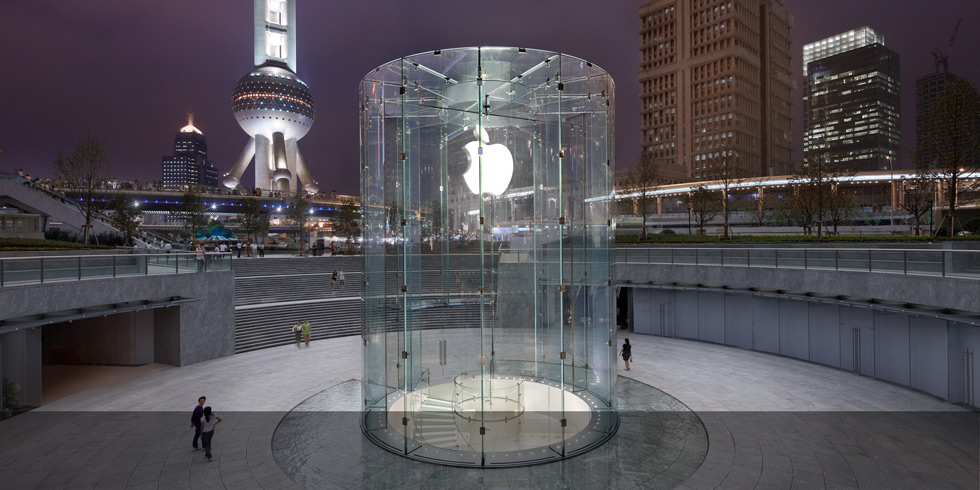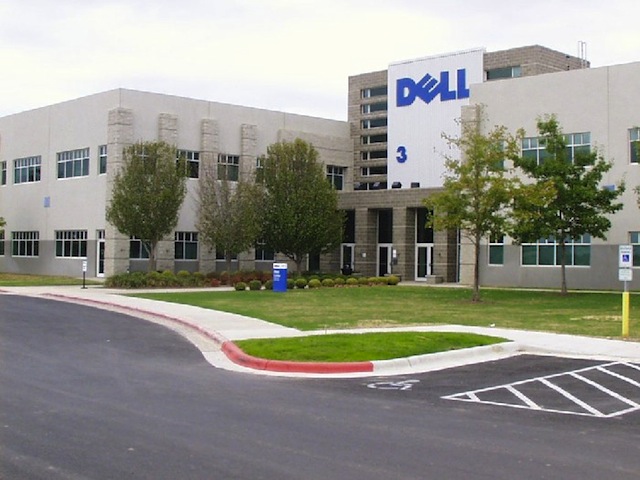What do you do when paying customers tell you they would rather your product be different to what you were offering? This is the predicament that faced Jonathan Barouch when he discovered the real market for his Roamz service was in social media business intelligence.
How Jonathan dealt with this was the classic business pivot, where the original idea of Roamz evolved into Local Measure.
Originally Roamz was set up to consolidate social services like Twitter, Foursquare and Facebook. If you wanted to find a restaurant, bar or hotel in your neighbourhood, Roamz would pick the most relevant reviews from the various services to show you what was in your neighbourhood.
The idea for Roamz came from when Jonathan was looking for places to take his new baby, jugging several different location services to find local cafes, shops or playground is hard work when you have a little one to deal with.
A notable feature of Roamz was the use of geotags to determine relevance. Even if the social media user doesn’t mention the business, Roamz would use the attached location information to determine what outlet was being discussed.
Enter Local Measure
While Roamz was doing well it wasn’t making money and, in Jonathan’s words, it was a “slower burn, longer term play”. On the other hand businesses were telling him and his sales team that they would pay immediately to use the service to monitor what people were saying about them on social media.
“People said, ‘hey this is cool, we want to pay for this.” Jonathan said of the decision to pivot Roamz into Local Measure.
“I want to say it was a really difficult decision but it wasn’t because we had people saying ‘we want to pay you if you continue with this product.’”
Local Measure is built on the Roamz platform but instead of helping consumers find local venues, the service now gives businesses a tool to monitor what people are saying about them on social media services.
The difference with the larger social media monitoring tools like Radian6 is Local Measure gives an intimate view of individual posts and users. The idea being a business can directly monitor what people are saying are saying about a store or a product.
For dispersed companies, particularly franchise chains and service businesses, it gives local managers and franchisees the ability to know what’s happening with their outlet rather than having to rely on a social media team at head office.
The most immediate benefit of Local Measure is in identifying loyal users and influencers. Managers can see who is tweeting, checking in or updating their status in their store.
Armed with that intelligence, the local store owner, franchisee or manager can engage with the shop’s most enthusiastic customers.
Customer service is one of the big undervalued areas of social media and Jonathan believes Local Measure can help businesses improve how they help customers.
“It makes invisible customers visibile to management,” says Jonathan.
An example Jonathan gives is of a cinema where the concession’s frozen drink machine wasn’t set currently. While the staff were oblivious to the issue, customers were complaining on various social media channels. Once the theatre manager saw the feedback he was able to quickly fix the problem.
Employee behaviour online is also an important concern for modern managers, if employees are posting inappropriate material on social media then the risks to a business are substantial.
“From an operational point perspective we’ve picked up really weird and wonderful things that the business doesn’t know,” says Jonathon. “Staff putting things in the public domain that is really damaging to brands.”
“We’ve had two or three cases of behaviour that you shudder at. I’ve been presenting and it has popped up and the clients have said ‘delete that, we don’t want that up’ and I say ‘that’s the whole point – it’s out there.’”
That’s a lesson that Domino’s Pizza learned in the US when staff posted YouTube videos of each other putting toppings up their noses. Once unruly employees post these things, it’s hard work undoing the brand damage and for smaller businesses or franchise outlets the bad publicity could be fatal.
Local Measure is a good example of a business pivot, it’s also shows how concepts like Big Data, social media and geolocation come together to help businesses.
Being able to listen to customers also shows how marketing and customer service are merging in an age where the punters are no longer happy to be seen and not heard.
It’s the business who grab tools like Local Measure who are going to be the success stories of the next decade, the older businesses who ignore the changes in customer service, marketing and communications are going to be a memory.





